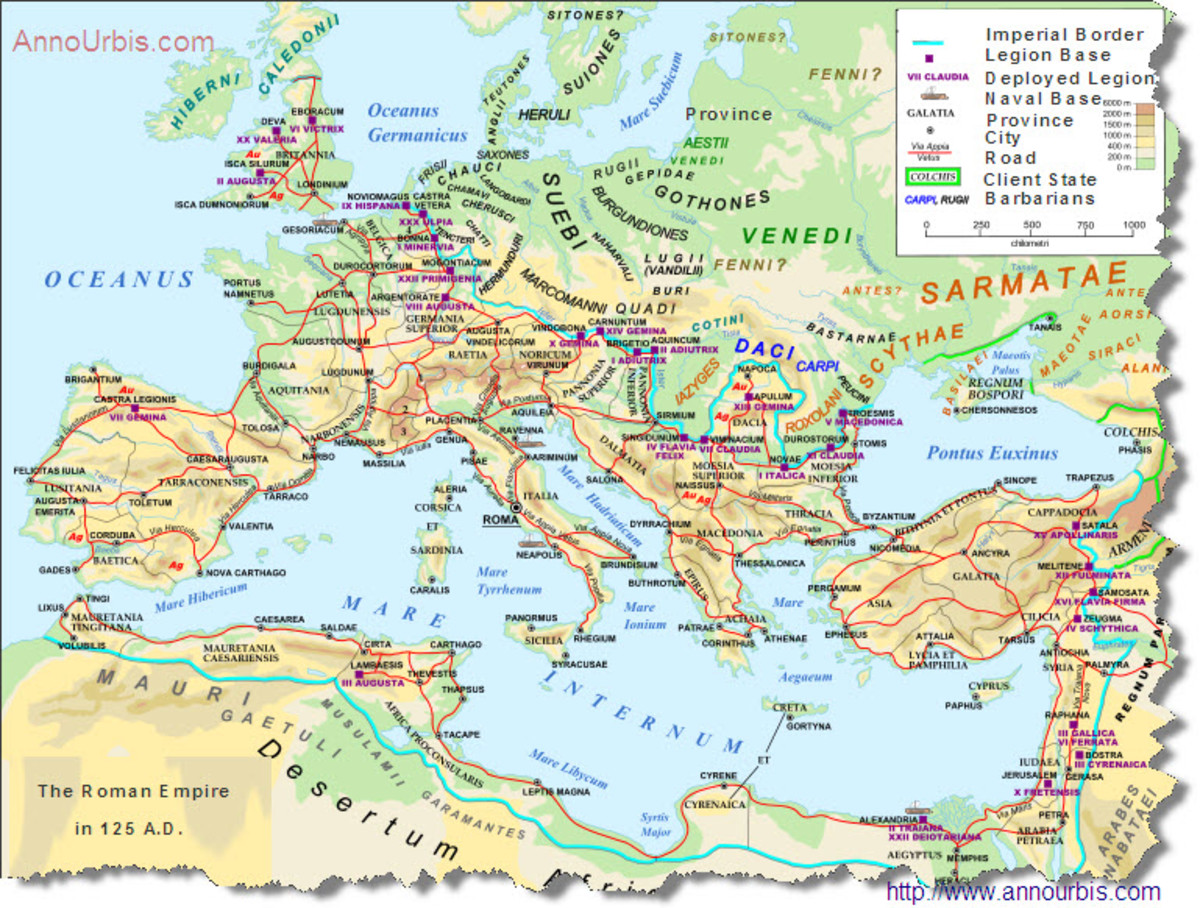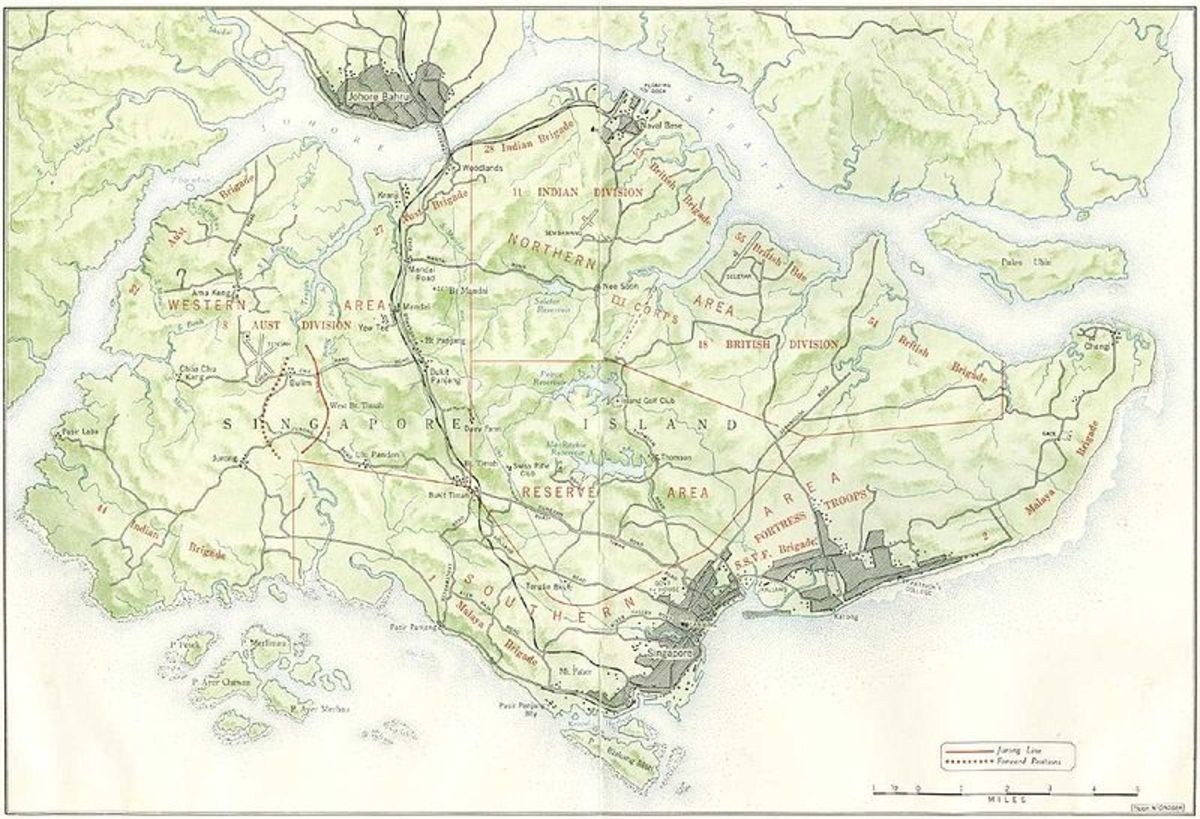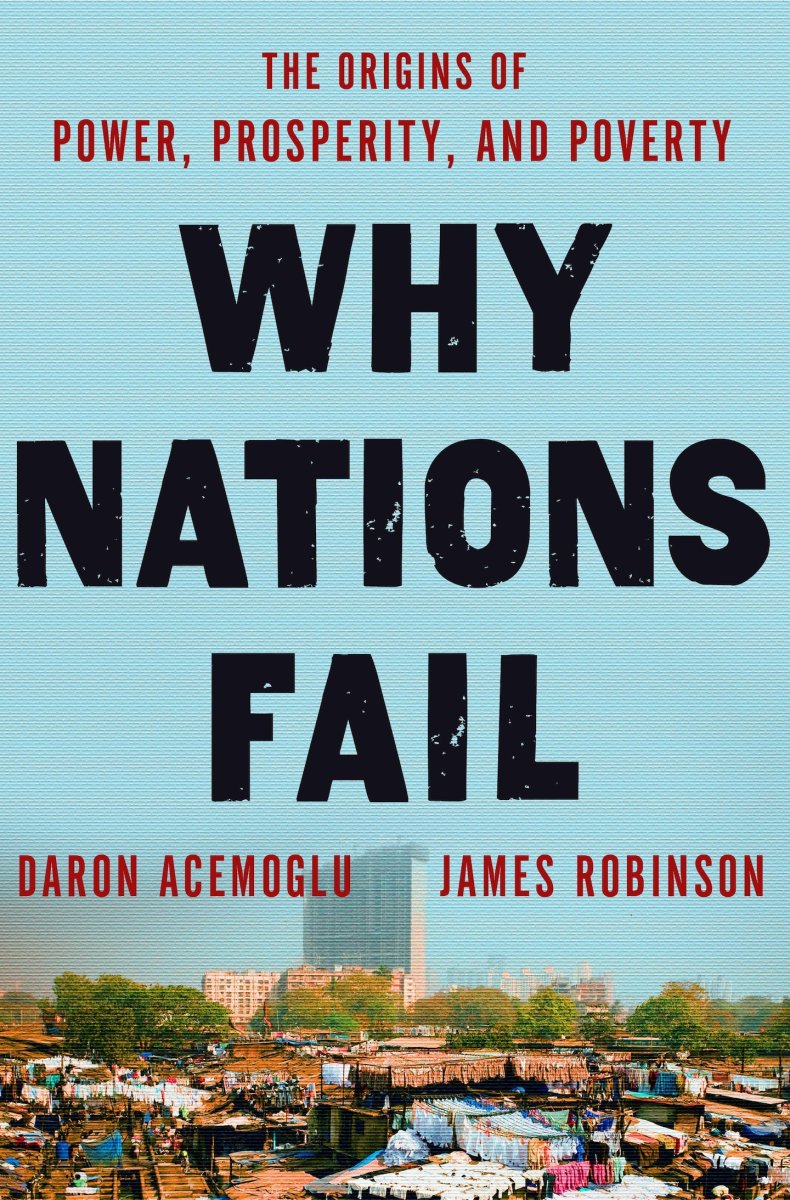Essential books on the British Empire
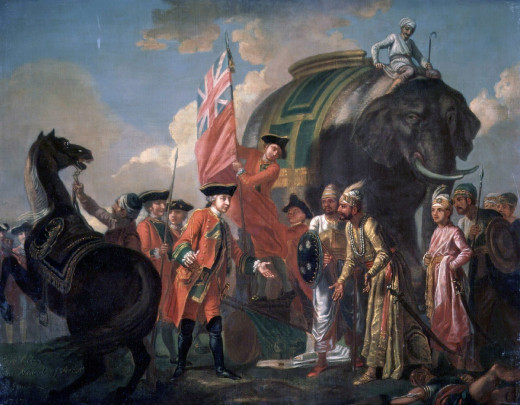
The British Empire is a hugely interesting topic. It fundamentally changed the world we live in today. When attempting to learn about such an incredible entity, it is important to realise that it spanned over a huge amount of time. The first proper beginnings of their Empire can be traced back to 1583-4, with expeditions to North America. This began the period often referred to as the "First British Empire", defined by the slave trade, conquest in India and the Seven Years' War with France. The "Second British Empire" started around 1770-80 and was characterised by the victory of the Thirteen Colonies over the British, the heightened British presence in India and continuing fighting with France. "Britain's Imperial Century" covered what is often considered the height of the Empire (1814-1914), with Britain ruling over roughly a quarter of the world's land mass. The final period (excluding the World Wars) is the era of decolonisation - the "fall of the British Empire", which saw the rapid loss of Britain's African and Asian colonies in the second half of the twentieth century.
Below are my experiences with a few books about the British Empire that I found most helpful. I've also provided a link to the Amazon page for the books reviews as I found this the cheapest way to buy most of these books (having downloaded a few on Kindle as well). If you have any comments/suggestions of other books, please leave it in the comments section below (does not require sign up).
1) Empire: How Britain Made the Modern World
This popular book by Niall Ferguson is an essential read. The book provides a very readable history of the British Empire from its foundation in North America and the West Indies through to the eventual decline in its colonies. The book is sometimes seen as controversial as it presents a positive narrative of the Empire and neglects a fair amount of brutality such as the conditions of the slave trade and the Mau-Mau incident. This viewpoint, however, provides a thought-provoking experience and is by no means lacking in content. Ferguson reveals a refreshing view on the War of Independence, portraying the substantial support of the settlers and how many loyalists chose to emigrate to Canada. The book also focuses on the East India Company and British presence in India from its early roots to its popular independence movements. In addition, Ferguson provides an interesting mix of statistics to explain the effect that the British colonies had on domestic life: the widespread availability of clothes, spices, sugar, tea etc. Further on, there is comprehensive overview of the scramble for Africa by the European powers during the nineteenth century. The book ends with a rhetorical question, speculating as to what the world would be like had the British failed to build an empire and a more aggressive empire builder, such as Japan, had ruled over such as expansive amount of territory.
If I had to think of a flaw in this book, it might be that it lacks footnotes, which did not annoy me too much as I tend to find what to read next through reviews such as these.
Overall, I would thoroughly recommend this book to not only anyone trying to learn about the British Empire with little prior knowledge on the subject, but also those who wish to consolidate their knowledge with a comprehensive account of the period.
2) Empire: The British Imperial Experience, from 1765 to the Present
Dennis Judd was one of the most useful reference books I used throughout my learning. It is divided up into a chapter on all of the most important episodes / entities which defined the British Empire. For example, the book's first non-introductory chapters are named 'The American Revolution', 'Australia' and 'Ireland'. The chapters throughout the book are relatively short, comprising roughly ten or so pages. This allows the book to become not just an important reference tool, but a quick way to really brush up on your knowledge of any significant area of the British Empire. In addition to accounts of the British in their colonies and their major battles, the book focuses on some of the more subtle aspects of the Empire. For example, two of the chapters are subtitled "Sex and the British Empire" and "National Decline, Empire, Youth and Education". These chapters explore the way in which the Empire offered many the opportunity to discover themselves and to live the lives they had dreamed, rather than the rigid conformity required at home. An area that is often neglected in several books on the Empire is the devastating impact of World War One and Two on British finances, which inevitably impacted the Empire hugely. Dennis Judd, however, does provide a detailed analysis this factor and the reader is reminded just how significant this was on the decline of the British Empire.
It is worth mentioning that this book does not start from the very beginnings of the Empire, as it doesn't really refer to the "First British Empire" - the least substantial era.
With the above in mind, I recommend this book for anyone who wants to learn the major events in British imperial history. However, I do not recommend this book for those who have a substantial knowledge of the period as most of the chapters are not long enough to provide seriously in-depth accounts of the events.
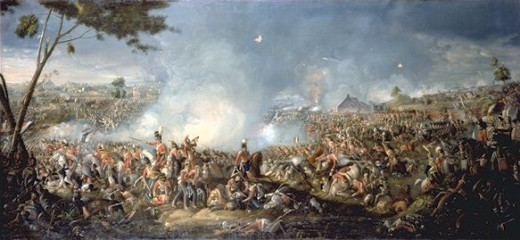
To be continued shortly.



